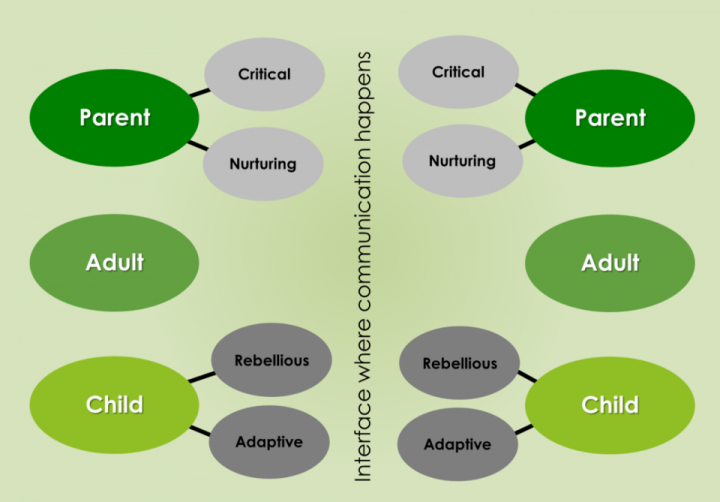The Organisational Games People Still Play

When psychiatrist Dr Eric Berne developed his theories of functional ego states and introduced the concept of Transactional Analysis to the world, he allowed us to see interpersonal interactions in a way that explained why some exchanges work and others are less effective. Not only that, he provided a conceptual framework for envisaging a different way of being how this could be achieved, interaction by interaction.
As such Transactional Analysis (TA) became the mainstay of many psychotherapist’s practice and remains so today. In a therapeutic setting the understanding of behaviour that TA provides has enabled people to improve relationships, decrease conflict and enhance levels of self-esteem. When TA concepts are applied to development activity within organisations, albeit a more superficial and light-touch version of TA theory, it remains a powerful means of improving communication and influencing skills.
Over the years; however, we have also used TA theory, and in particular the Parent-Adult-Child (PAC) model as a lens through which to view organisational culture as well as a framework to help enhance the effectiveness of individual leaders and managers. Using PAC as a way of identifying what needs to change in the working environment so that managers are better able to apply learning can be the missing link with leadership development.
By way of illustration, the leaders we work with typically want their people to step up, engage and contribute more, take more responsibility and accountability and to know how to get more from the resources at their disposal. We explore how anything that the leader does that feels ‘top down’, directive and restrictive, even if the intention is to create structure and focus, will feel like Critical Parent behaviour to the people you are looking to influence and that’s unlikely to deliver the desired outcome. It’s much more likely to result in kick back i.e. Rebellious Child behaviour or Adaptive Child behaviour in the form of unquestioning agreement which can ultimately build dependence. So we work on how to pivot into the Adult to Adult state. As these are interactions grounded in the here and now, they are logical and reasoned, this requires the leader to engage with the other person’s rational mind, which invariably means asking questions, seeking opinions and focusing on what that person has done, is doing and will do in the future. It’s therefore about each person owning their part in what happens next, not because they’ve been told to do it, but because the leader has gained that commitment from them.
But no matter how much this way of working resonates with leaders and regardless of how well they hone their skills, sustained application is often stymied as that is not how they themselves are managed. We are often amazed at the extent to which people at senior levels are still micro-managed, albeit that those doing the micro-managing rarely see it as such. Whether it is the desire to get ‘close to the detail’, managers feeling they have to be able to answer any question pertaining to their work area or ensuring consistency and that things are joined up with the leader perceiving that they’re the only one who can see the bigger picture and all the moving parts. Whatever the rationale, the result is everyone operating at least one level down from where they really should be. When directive, controlling behaviours are coupled with a propensity to focus on the gaps and shortfalls (i.e., it might be 95% right but concentrating purely on the 5% that’s not)… then that all feels very Critical Parent and as described above, we know what you’re likely to get by way of a response.
So next time you look to develop your leaders and managers so they increase levels of engagement, contribution and ultimately productivity within their teams, perhaps we need to ask whether we’ve done enough to create a culture and environment where they have a realistic chance of succeeding. The senior leaders in any business set the pace and tone that permeates down and ultimately touches everyone. If your organisation isn’t characterised by Adult to Adult interactions, grounded in the here and now, then maybe the Adult to Adult questions we should be asking ourselves are what part have I played in creating this? And what can I do differently to change things around?







--600.jpg)